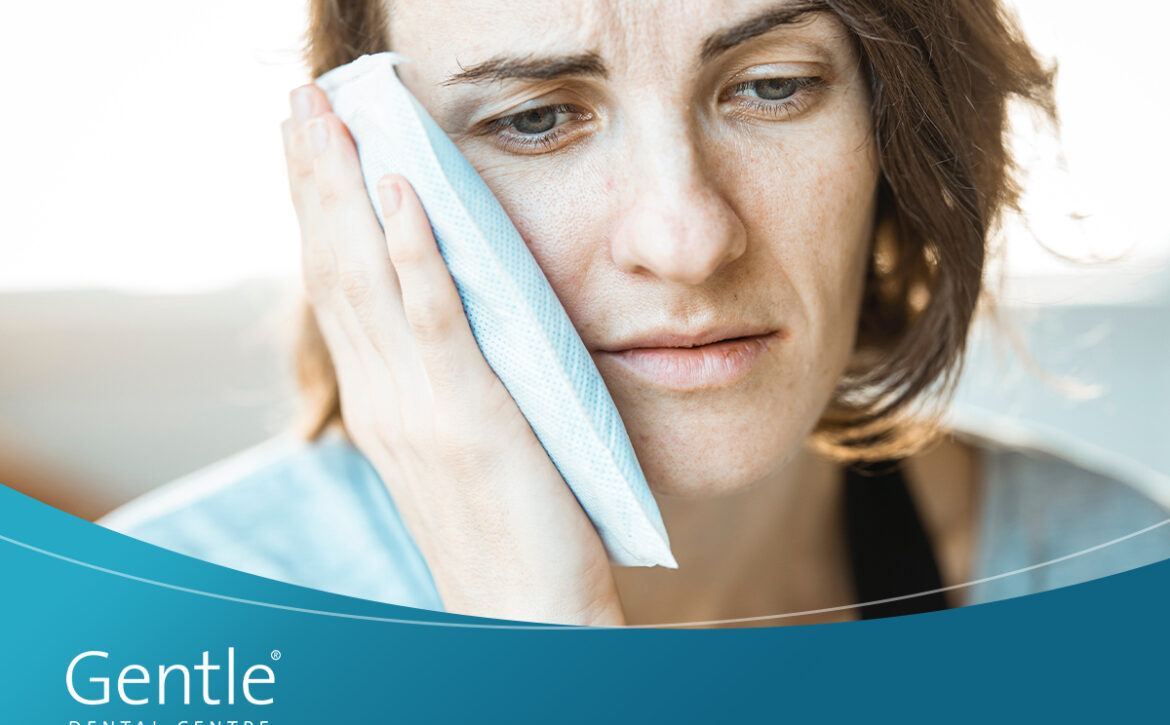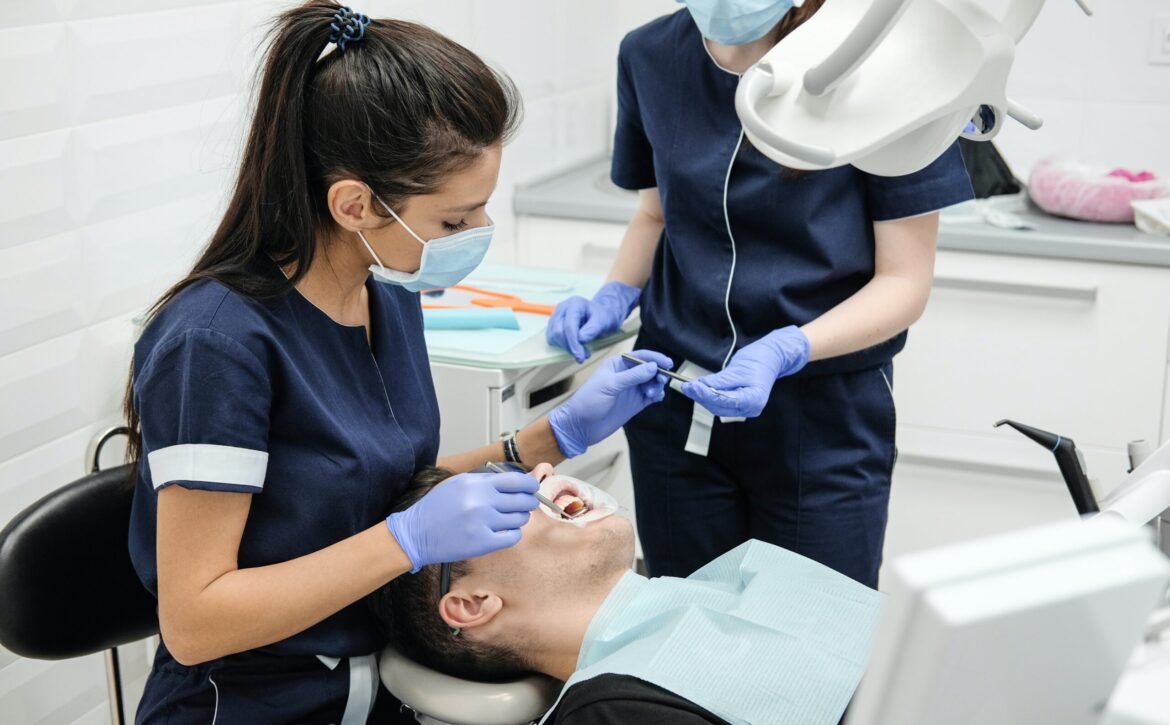The top 3 dental concerns seniors should look out for
As we age, the risk of dental diseases increases. Our teeth, mouth and gums are put through a lot throughout a lifetime. Chewing, gnashing and grinding, smoking, eating sugar and sticky foods, poor diets and medications and a decrease in dental care can all take their toll.
All of these factors can increase the chances that as seniors, we’ll have to deal with oral health problems. Seniors are particularly at risk of developing the following oral health conditions.
Gum Disease
The bacteria found in plaque and tartar can cause gum disease, which can contribute to a whole host of problems for your mouth and gums. Also called periodontal disease, early signs of gum disease include red irritated gums and bleeding when you floss or brush your teeth near the gum line.
Gingivitis is an early sign of gum disease. A buildup of bacteria where the gums meet the teeth causes the gums to become inflamed. Left untreated this can develop into periodontitis, which is more serious. Periodontitis damages the tissues of the gum and the bones that support the teeth.
Gum disease can:
- cause discomfort and make it harder to chew
- effect a senior’s immune system
- cause bad breath
- result in irreversible bone loss
Seniors are at increased risk of gum disease due to already lowered immune systems and decreased mobility which can make it hard to brush their teeth and gums thoroughly.
Dry Mouth
A dry mouth might not sound like a big concern, but it can lead to all sorts of oral health issues. A lack of saliva in the mouth increases the risk of cavities, contributes to digestion issues, and increases the chance of an oral infection.
Saliva is essential for washing away plaque, food particles, and sugars. Without a good saliva flow, acids, plaque and bacteria can build up in the mouth. These can eat away at the delicate enamel on our teeth and cause cavities.
Although our mouths dry naturally a little as we age, the number one contributor to dry mouth in seniors is medication. Many medications list dry mouth as a possible side effect. Encouraging seniors to drink more water, and avoid sugary foods and drinks, will help. Sugar-free lozenges can help stimulate saliva production which naturally rinses out the mouth.
Tooth loss
Some people may think that losing teeth is a natural side effect of getting older. However, this doesn’t have to be the case. Being proactive about your oral health and adopting good hygiene habits will ensure your natural teeth last a lifetime. Unfortunately, untreated signs of gum disease, cavities, old dental work, and general poor health can contribute to tooth loss.
We only get one set of teeth so it’s important that we look after them.
What can seniors do to prevent these dental issues?
It’s not inevitable that we’ll lose our teeth, or get gum disease as we age. However, seniors should be aware that they need to be vigilant about their oral hygiene, even more so than when they were younger. Unfortunately, a loss of mobility or declining health can make it even harder for seniors to create healthy oral habits.
If a senior in your family is in a rest home or receives in-home care, talk to the primary carer about setting up a routine that is proactive about their tooth health. It’s a good idea to buy an electric toothbrush rather than a manual one, as these are more effective at getting rid of plaque. Most modern electric toothbrushes also come with two-minute timers, making it easier for seniors to know whether they have brushed for long enough.
Here are some habits you can talk to seniors and their primary carers about:
- Seeing their dentist regularly (regardless of oral health symptoms)
- Brushing and flossing every morning and night
- Using an electric toothbrush to make brushing easier
- Avoiding smoking, and eating too much sugar
- Checking their medications for side effects of dry mouth
- Increasing their daily water consumption
Regular checkups are the best way to maintain and monitor oral health as we age. If you need to book an appointment with a dental health professional click here.






